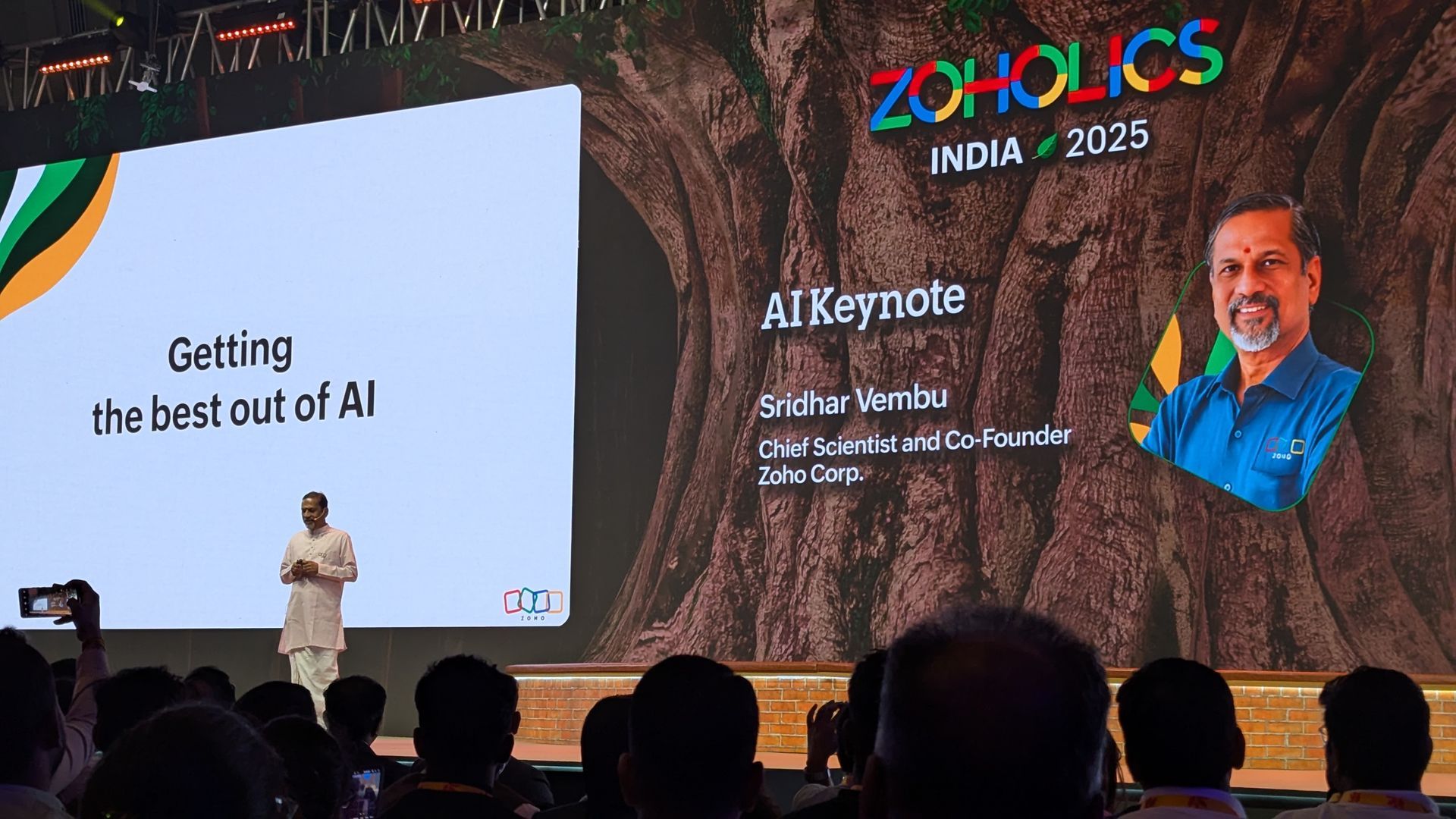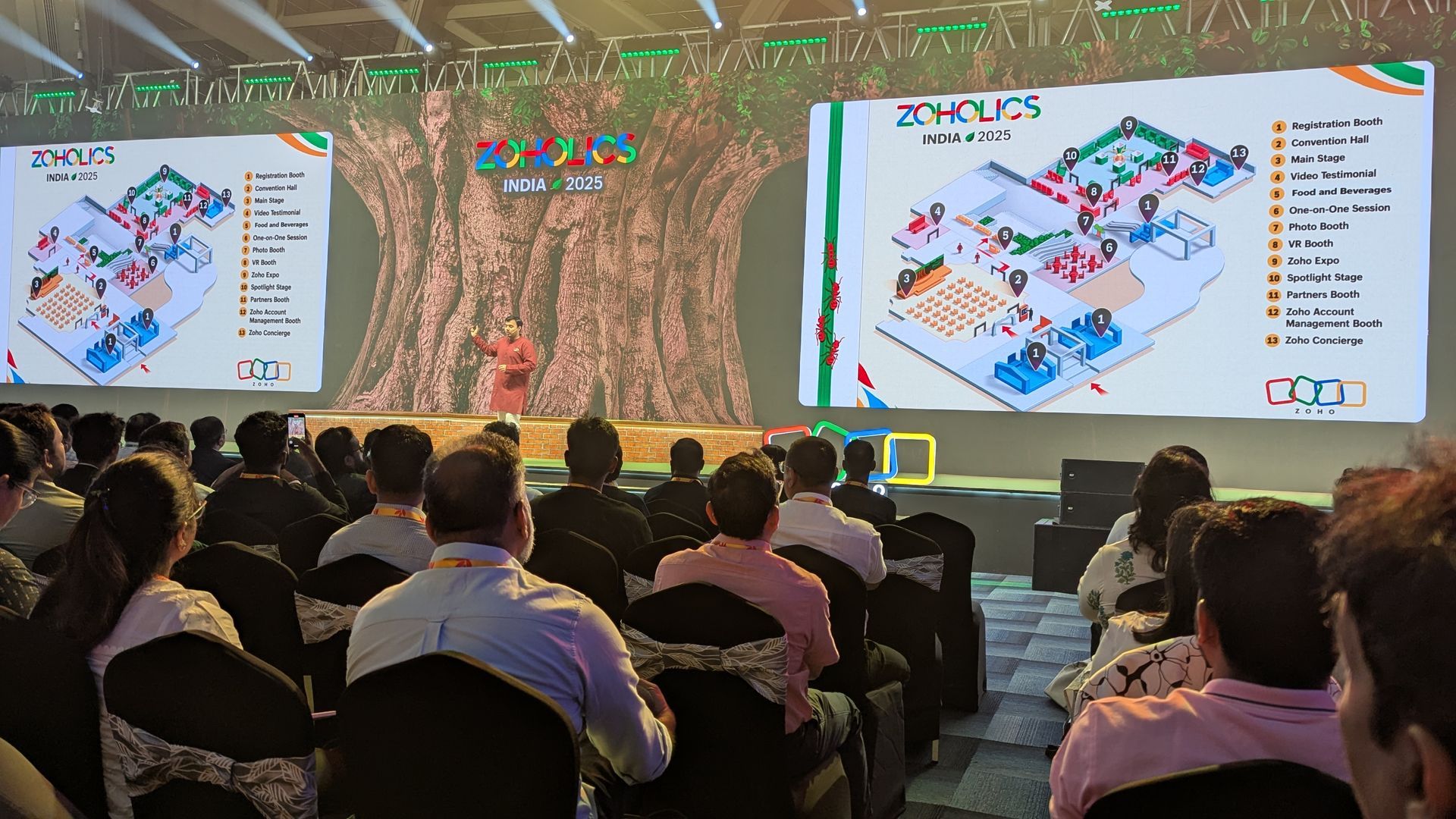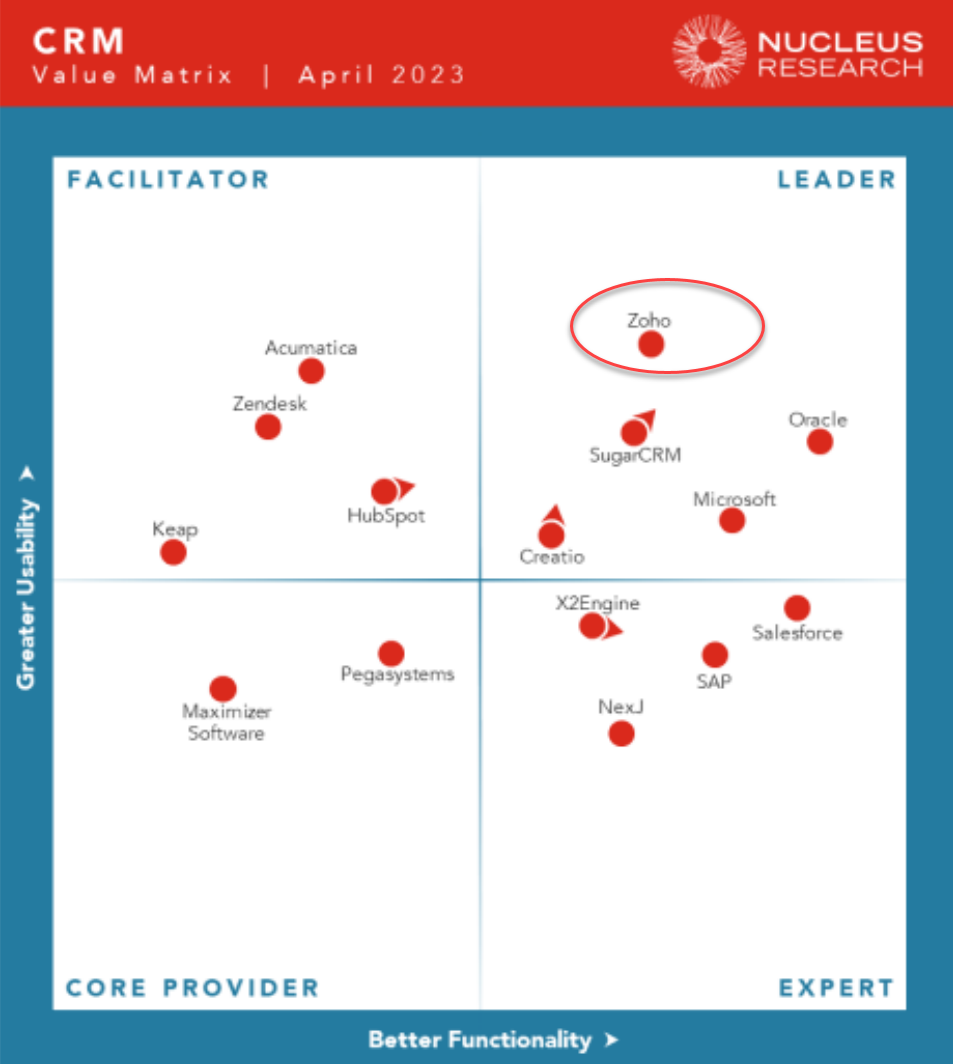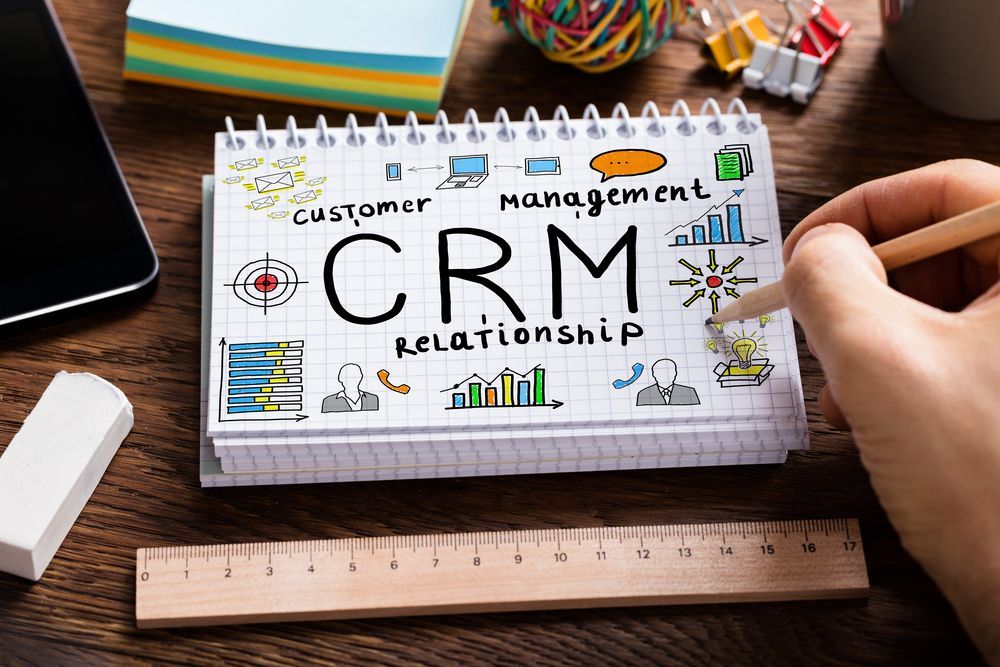Zoho AI - Key Technologies & Benefits
Zoho AI - Key Technologies & Benefits
While other CRM vendors bolt AI onto their platforms through third-party tools, Zoho builds it natively, with more privacy, lower cost, and deeper integration across your entire business.
As artificial intelligence becomes a central force in modern business software, Zoho has taken a distinctly thoughtful and independent approach. Instead of relying heavily on third-party providers, Zoho has built its own AI infrastructure, including large language models, AI agents, and integration protocols, to deliver smarter, faster, and more secure automation across its entire platform. The result is a seamless, deeply embedded AI experience that spans CRM, finance, operations, and more.
From automation to insights, Zoho’s AI technologies are built to help you work smarter, streamlining tasks, saving time, and driving better results across your business.
1. Zia LLM (Zoho’s Private Large Language Model)
A business-tuned AI model built and hosted by Zoho, fast, secure, and cost-efficient.
- Delivers powerful AI without compromising privacy or racking up usage fees.
2. Zia AI Agents
Prebuilt and customizable AI assistants that perform real tasks inside Zoho apps — from writing emails and summarizing conversations to creating tasks and generating reports.
- Automates everyday work, saving time and improving team productivity.
3. Zia Agent Builder (No-Code)
Create your own custom AI agents using a drag-and-drop interface, no coding required.
- Tailor automation to your business without needing a developer.
4. Model Context Protocol (MCP)
An open standard that lets AI agents securely interact with multiple Zoho apps and external systems.
- Agents can work across multiple Zoho (& other apps such as Gmail, Slack etc.), not just within one, making multi-step processes faster and smarter.
5. Agent Marketplace
Browse, install, and activate AI agents like apps.
- Instantly boost efficiency with out-of-the-box solutions.
6. In App AI
AI is also being added to many Zoho apps to further enhance capabilities and user productivity within a given application such as CRM, Workdrive, Desk, etc. Also Zoho has added powerful AI capabilities to Zoho Creator so that with simple English language prompts you can create custom applications including modules and fields, forms, reports, etc.
Further, Zoho continues to innovate outside of large language models and agentic AI, also launching a new automatic speech recognition (ASR) model. In doing so, Zoho continues to march to the beat of its own drum, delivering innovations that serve how customers leverage its platform, not just whatever the next big industry trend might be.
What is the MCP Server, and Why It Matters
Zoho’s new MCP Server (Model Context Protocol) is like a universal translator and command center for AI across your Zoho apps. It allows AI agents, like Zoho’s Zia or other LLMs like Claude or ChatGPT, to not just read information from your apps, but actually take action across your apps.
For example: An AI agent can now say:
“Close the ABC Corp deal in CRM and generate an invoice in Zoho Books for that deal.”
And Zoho will do it, instantly, securely, and according to your rules. Instead of being stuck in one app, your AI can now coordinate tasks across CRM, Books, Desk, Projects, and more, making your business faster, more efficient, and less reliant on manual effort.
This 1 minute video shows you how this works...
Zoho MCP isn’t a chatbot builder or an automation tool, it’s the execution layer that enables AI agents to take real action. Traditional chatbot builders focus on conversation flow. Automation tools execute predefined, rule-based workflows. Zoho MCP takes a different approach: it exposes your apps' tools, actions, and business context through a standardized protocol, so AI agents (powered by any LLM) can turn natural language into real outcomes.
Are AI Agents and Zoho MCP the same?
No, AI agents and Zoho MCP are not the same.
AI agents are intelligent systems often powered by LLMs like GPT or Claude, that interpret natural language and act on user intent. Zoho MCP is a product built on the Model Context Protocol (MCP), a standard that exposes structured tools, data, and actions from Zoho apps in a way agents can use. It allows developers to create MCP servers that agents connect to via an MCP client
In this relationship:
- The AI agent handles the intelligence and interpretation.
- MCP provides the execution interface (what actions are available, how they work, and what’s allowed).
- Think of MCP as the infrastructure layer and agents as the brains and operators.
- Zoho MCP doesn’t make agents smarter, it makes them more capable of acting.
What kind of AI agents can I build with MCP?
You can build task-based, goal-based, or autonomous agents. Agents can be reactive or autonomous, depending on your goals.
Examples include:
- A sales assistant that schedules meetings and sends proposals
- A support agent that triages tickets and notifies teams
- A project bot that tracks tasks and updates timelines
Is MCP secure?
Yes. MCP follows Zoho’s enterprise-grade security protocols. All data access and agent actions are governed by strict access controls, encrypted data handling, and audit trails, ensuring safe, compliant execution.
How does MCP handle authentication and permissions?
Agents operate under user-level permissions, so they can only perform actions that the user is authorized to do. Zoho supports OAuth to ensure secure identity management.
Which Zoho apps does MCP work with today?
MCP integrates with many Zoho apps, including CRM, Mail, Calendar, Desk, Cliq, Projects, and WorkDrive. It leverages existing APIs and standard actions, so your agents can operate across tools natively.
Does MCP support third-party tools like Gmail or Slack?
Yes, you can extend agent actions to tools like Gmail, Slack, Salesforce, Notion, and more. MCP is designed to be flexible for multi-app workflows. With MCP, you can connect to 300+ third party apps.












